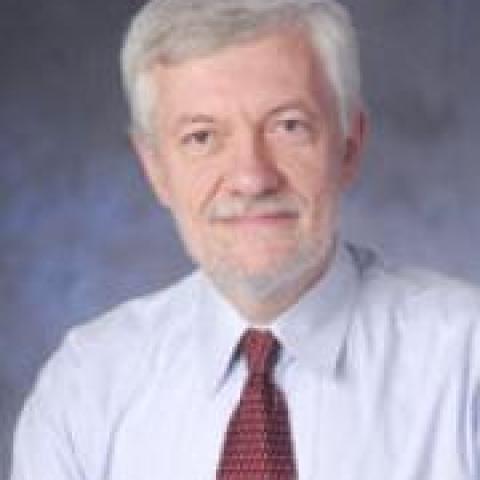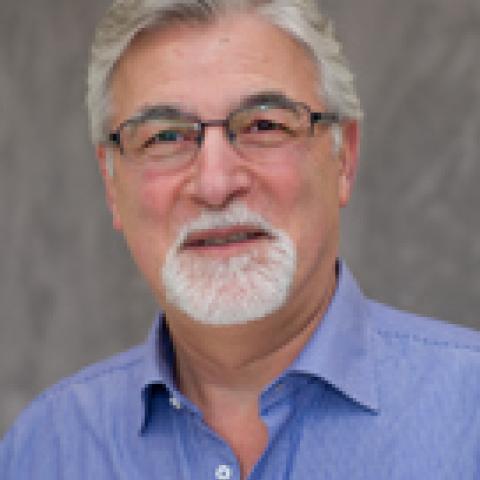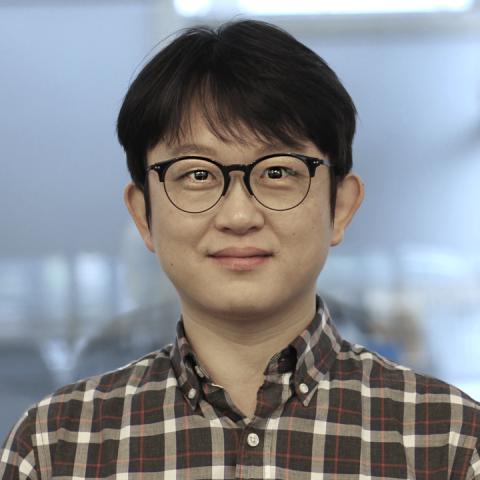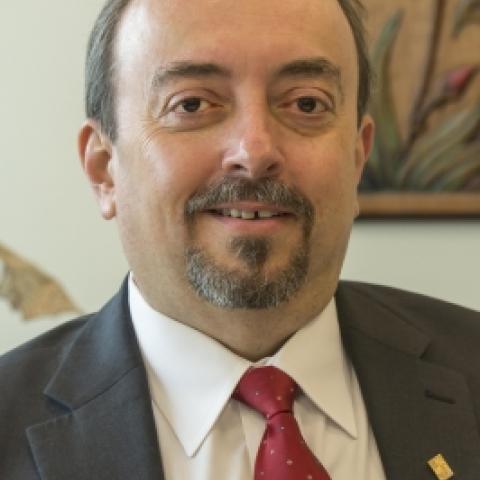Pardis Pishdad-Bozorgi



The Strategic Energy Institute and EPICenter are excited to welcome Andrea Pinabell as a 2023 External Fellow. Andrea will be working primarily with our EPICenter Director, Joe Hagerman, on the expansion of publicly-facing energy related knowledge and information, including hydrogen (with GTRI) and direct air capture of carbon dioxide (with the College of Chemical Engineering). This is primarily intended to expand the reach and opportunities across the HBCU and technical college network system (in close coordination with the EVPR’s office).
In addition, Andrea will work to explore the development and implementation of an urban design center focused on net zero low-income housing first within the English Ave corridor on Atlanta’s westside which is in early discussions with the College of Design, the award-winning GT solar decathlon team, and westside neighborhood partners including the Westside Future Fund and ANDP. All external fellows will help SEI and EPICenter bridge industry and academia in both a strategic and tactical manner to help GT have outsized impact.
Andrea is well known on the Georgia Tech campus and has been involved in multiple activities across campus. A few highlights include:

Bojan Petrovic joined Georgia Tech in 2007 as a Professor. Prior to that he acquired industrial experience as a Fellow Scientist in Westinghouse Science and Technology where his primary responsibility was as the project Deputy Director on the development of the advanced, modular IRIS reactor.
Dr. Petrovic's current research focuses on advanced reactor design, nuclear fuel cycle and waste management, and related modeling and simulation methods.
Over the past ten years, he has been involved in the development of the IRIS Reactor, within an international team of 19 organizations from ten countries. IRIS is an advanced medium power (335 MWe) integral-type PWR, based on proven light-water technology, but incorporating many innovative solutions that improve its operation, safety, security, and economics. Advanced reactors have the potential to offer full benefit in synergy with advanced fuel cycles. Recently, the focus of this research is shifting to judicious selection of fuel cycle, reprocessing, and partition and transmutation options, which may significantly reduce the radiotoxicity of spent nuclear fuel and enable its safe and economical ultimate disposal.
Novel reactor designs and advanced fuel cycles pose new challenges and require improved, more accurate methods of modeling and simulations. Dr. Petrovic's interest is in developing approaches for using Monte Carlo and hybrid deterministic-Monte Carlo methods (for eigenvalue as well as shielding applications) in a way that will be practical and relevant for analysis of complex nuclear systems.
Dr. Petrovic has a strong interest in interdisciplinary areas, and his research projects have included collaboration related to industrial and medical applications of nuclear technology. His recent research in computational medical physics focuses on proton therapy. His research has been sponsored by the Department of Energy, industry and utilities.


Peralta-Yahya has been part of Georgia Tech since 2012. Her diverse research group composed of chemists, biologists, and chemical engineers works in the area of engineering biology, drawing from principles of biochemistry and engineering to build systems for chemical detection and production. Specifically, her group focuses on the development of G protein-coupled receptors for biotechnology and biomedical applications, and the engineering of biological systems for the production of fuels and functionalized plant natural products. Early on, her work was recognized with several awards including a DARPA Young Faculty Award, a DuPont Young Professor Award, a Kavli Fellowship by the US Academy of Science, and an NIH MIRA award. Her group’s key accomplishments are 1) the standardization of GPCR-based sensors in yeast to reduce the cost and accelerate the pace of drug discovery for these receptors, which are the target of over 30% of FDA approved drugs, and 2) the development of advanced biofuels, including pinene, which, when dimerized, has sufficient energy content to power rockets and missiles. Today, her group is funded to work on these and other cutting edge areas – including how to power a rocket returning from Mars and how to make synthetic cells learn without evolution – by the National Institutes of Health, the National Science Foundation, the Department of Energy, and NASA.
Bio-Inspired Materials; Biofuels; Cell biophysics; Cellular Materials; Biochemistry; Biomanufacturing; Energy; Biomaterials




